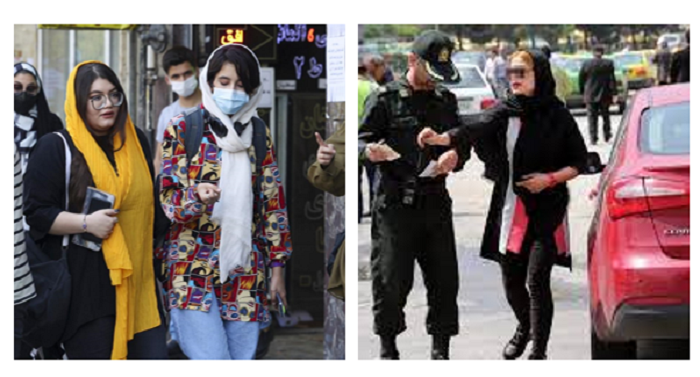
This phenomenon is significantly impacting the nation’s intellectual capital and perpetuating economic challenges. In this context, the perspectives of Ahmad Alamolhoda, the Friday Prayers Imam of Mashhad, have come into sharp focus.
During a speech on Student’s Day, Alamolhoda accused Iranian elites of emigrating primarily for financial prosperity. Addressing students, professors, and members of Mashhad University of Medical Sciences, he criticized these elites for pursuing luxurious lifestyles, forsaking their national responsibilities. Alamolhoda argued that the government’s financial support for these individuals should not feed their ‘selfish desires’ and exacerbate class disparities. These elements are driving the academic community and other elites towards migration.

He disputed its influence on the brain drain, citing polls that purportedly show significant support for hijab as a virtue. However, this contradicts reports from some government institutions acknowledging that most polls, even among hijab supporters, oppose mandatory hijab laws and government-imposed clothing regulations.
Furthermore, Alamolhoda distanced himself from decisions impacting cultural life in Mashhad, such as the 18-year ban on concerts. While he has been vocal against music concerts in the past, he now claims that his stance has been misrepresented and that such decisions are made by officials considering their cultural and spiritual impact.
Allegations have surfaced regarding Alamolhoda’s influence over executive decisions in Mashhad, partly due to his familial connections to Ebrahim Raisi, Iran’s president. Despite claims of modest income, evidence of Alamolhoda’s substantial assets and his children’s involvement in significant economic structures has raised eyebrows.

One of Alamolhoda’s children, Majid Alamolhoda, has been implicated in various economic activities and holds several official positions, including being linked to the controversial ‘Sultan of Coins’ case. Jamilasadat Alamolhoda, another of his children and wife of Ebrahim Raisi, is significantly involved in cultural management across various institutions and universities.
Critics argue that Alamolhoda’s extensive involvement in Khorasan’s executive affairs is transforming the region into an autonomous state, positioning him as more than just a religious leader. His role is perceived as that of a de facto ruler, contributing to the broader socio-political issues fueling Iran’s brain drain crisis.

MEK Iran (follow us on Twitter and Facebook), Maryam Rajavi’s on her site, Twitter & Facebook, NCRI (Twitter & Facebook), and People’s Mojahedin Organization of Iran – MEK IRAN – YouTu







